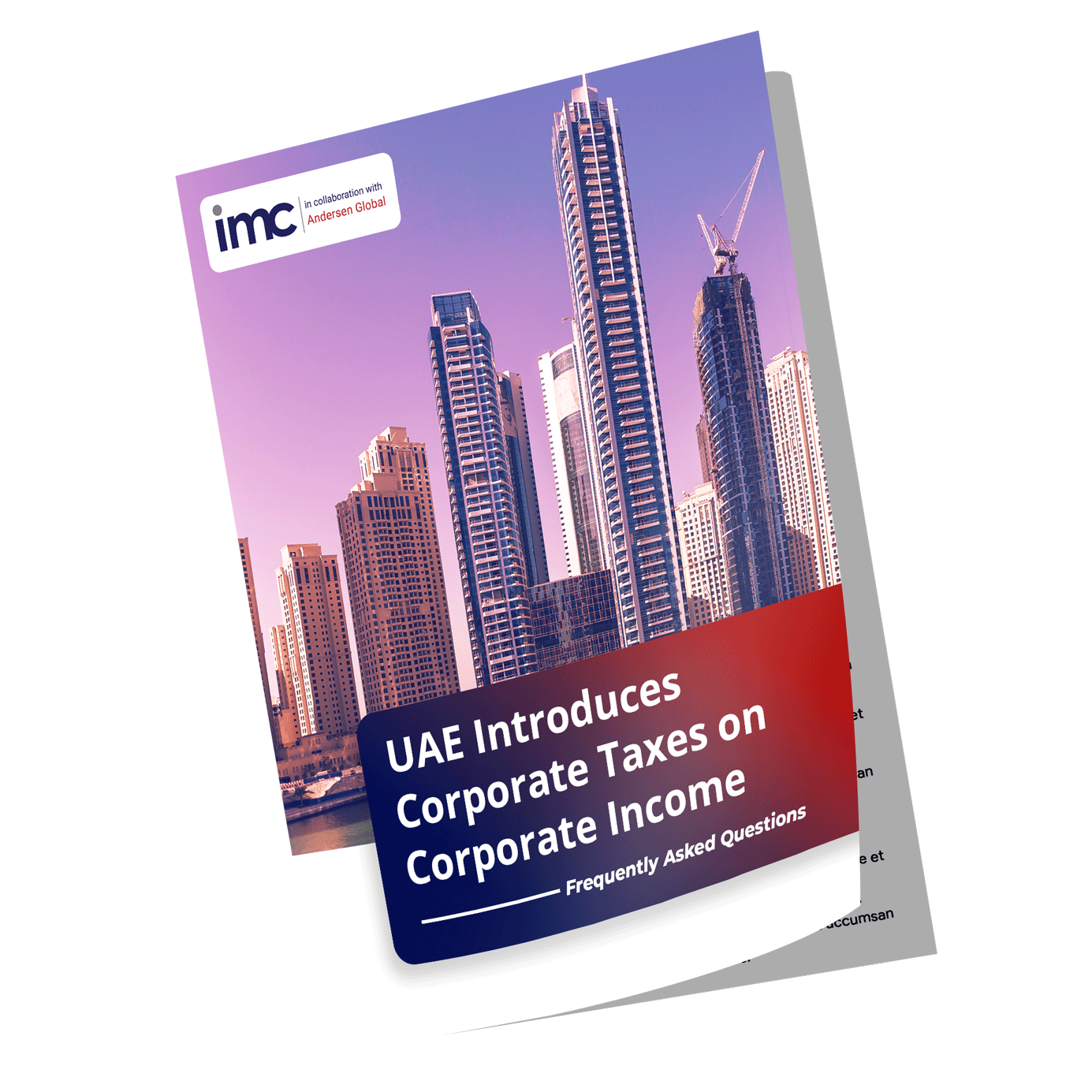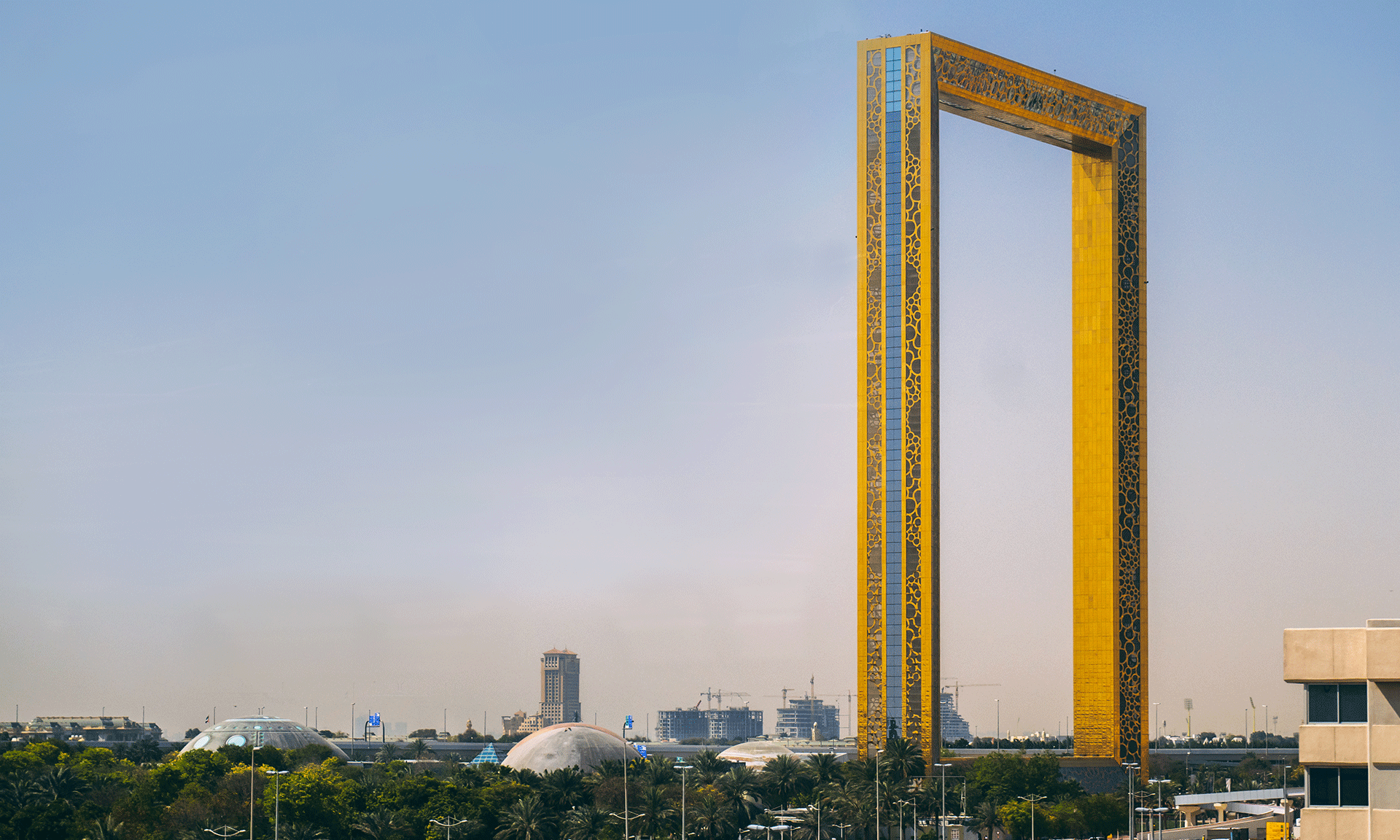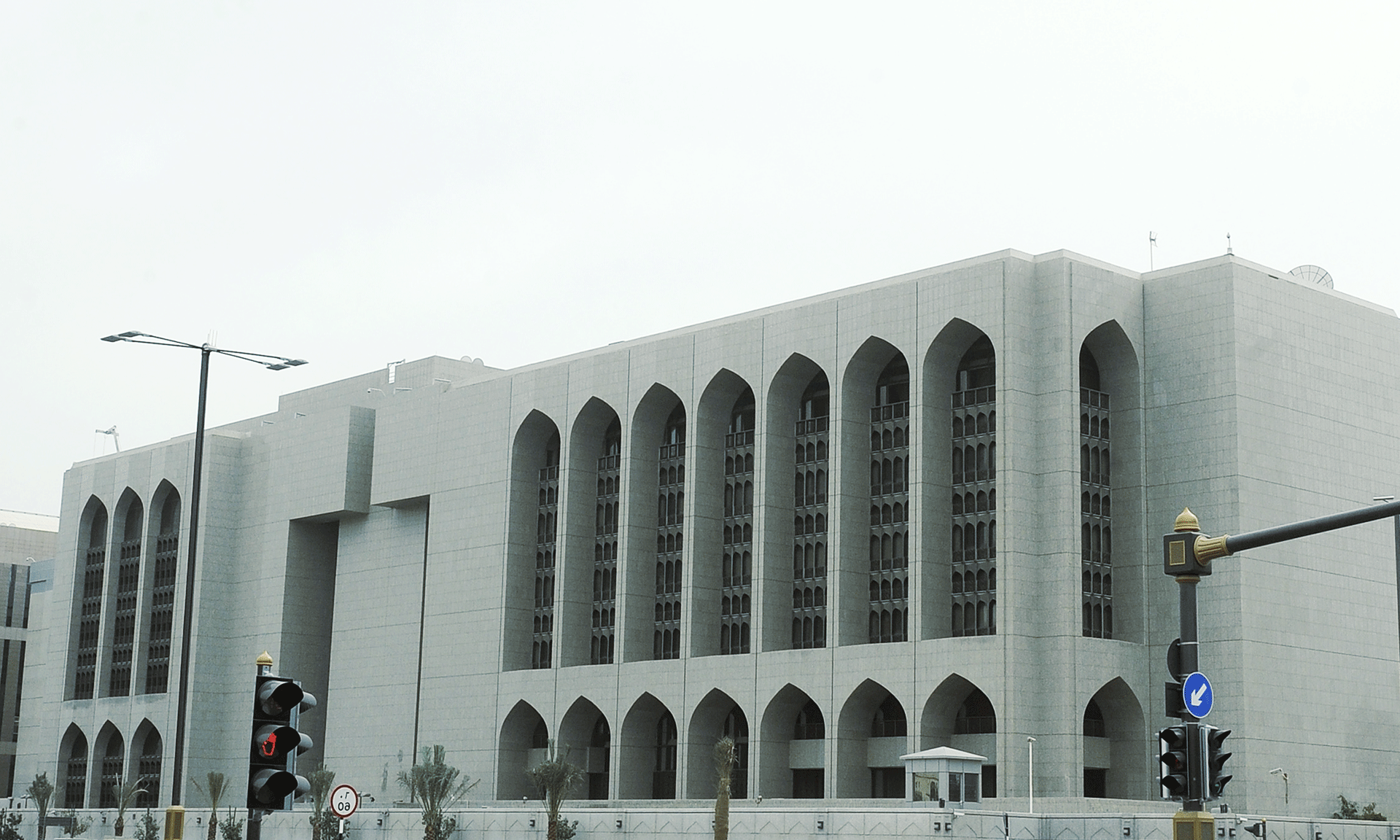The UAE Ministry of Finance (MoF) announced on 31 January 2022 to introduce federal corporate tax or Corporate income tax (CIT) regime that will apply to all UAE businesses except for the entities involved in the extraction of natural resources. Under certain conditions, the UAE CIT regime may also apply to individuals who own a commercial registration to perform such activity.
The federal CIT will come into effect from 1 July 2023 across all seven individual Emirates for the first time. The UAE, in its support of the OECD efforts to create a global minimum CIT rate, has announced the introduction of a corporate tax regime complying with the new international tax standard.
The MOF recently shared more details about the regulation and launched a three-week online public consultation with the stakeholders, business advisors and tax professionals revealing several important pieces of information about when what and how of the new corporate tax regime.
The Timeline
On 1 July 2023, the new CIT regime will come into force for full financial years.
Any company that follows a fiscal year starting on 1 July 2023 and ending on 30 June 2024, would be subject to corporate income tax starting 1 July 2023. The due date for the first tax return filing would be likely at the end of 2024.
Any company that follows a calendar year starting 1 January 2023 and ending 31 December 2023, would be liable for paying CIT for corporate income starting 1 January 2024 and filing would be likely due towards the middle of 2025.
Registration with the Federal Tax Authority (FTA) and obtaining a tax registration number will be mandatory for all companies liable for the CIT. The companies must submit the tax returns within nine months of the ending of the tax period accompanied by supporting schedules and payments.

What is Corporate Tax? Why does the UAE introduce CT? When will the UAE CT regime become effective?
The Tax Structure
In line with the minimum tax rate proposals of OECD under the base erosion and profit shifting (BEPS) initiative, different tax rates have been designed that will protect small businesses while levying higher tax rates on large multinational corporations. No tax will be imposed for an annual taxable income not exceeding AED 375,000. The tax rates will be:
For the businesses in mainland UAE, a 9% CIT rate will apply on annual income exceeding AED 375,000.
UAE CIT will apply for Free zone businesses and will be required to register and file a CIT return. These businesses, however, will continue to benefit from CIT holidays or Nil taxation subject to meeting all regulatory requirements with no business conducted with mainland UAE
A higher tax rate will apply to large multinationals that meet the criteria under ‘Pillar Two’ of the OECD having consolidated global revenues exceeding AED 3.15 billion
Scope Applicability and Exemption
All entities engaged in doing business in UAE will be subject to the new federal CIT at 9% unless exempted. Businesses and commercial activities across all the seven emirates will come under CIT.
Individuals holding an official licence or permit for doing business or professional practising will also come under the new CIT tax regime.
Businesses engaged in the extraction of natural resources will continue to be subject to the USE tax issued by the respective emirate and will not be subject to CIT.
Individuals earning income in their personal capacity e.g. salary, or investment income as long as the income-generating activity does not require a commercial license will not come under the CIT regime.
Transfer Pricing
Compliance with the transfer pricing rules and documentation requirements set as per the OECD Transfer Pricing Guidelines is mandatory for all UAE businesses now.
Withholding Tax
No withholding tax will be applicable on domestic and cross-border payments of any nature.
Foreign Tax Credits
Any foreign CIT levied on UAE taxable income shall be allowed as a tax credit against the CIT liability.
CIT Administration
UAE Federal Tax Authority (FTA) shall be responsible for the administration, collection and enforcement of CIT. Businesses will be required to register for CIT purposes and will be required to electronically file one CIT return per financial year.
There will be no requirement for provisional or advance CT filings or any advance tax payments. A UAE group of companies may form a tax group that can be treated as a single taxable person subject to fulfilling certain conditions. A single tax return for the entire group will need to be filed.
The UAE MOF plans to issue detailed information on the CT regime sometime during 2022.
Potential impact assessment of the CIT regime will be crucial for all businesses in terms of their operations and preparation for CIT compliance requirements.
All businesses and commercial activities need to evaluate if the existing tax function including people, processes, systems and technology are adequate to effectively address the requirements of the CIT regime.
Businesses must also critically review if accounting policies and data management systems are appropriate for compliance management with both CIT and VAT.
All UAE businesses must also Identify potential exposures and opportunities to drive tax efficiencies from both a tax cost and administrative point of view before CIT implementation such as restructuring, transfer pricing etc.
Business setup consultants in Dubai UAE with proven knowledge in accounting, corporate taxation and Free Zone operations can help businesses with early planning and preparation of any corporate tax issues.






























 IMC Group
IMC Group